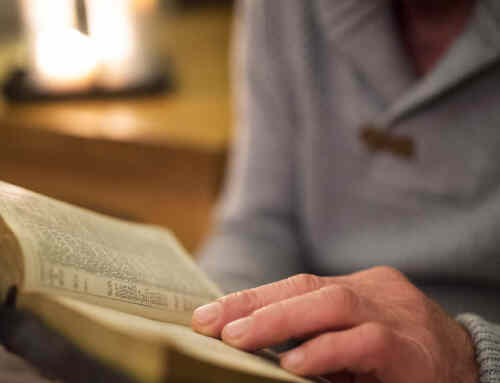Yes, they do. The educational system, or Mishnah, in Galilee in the time of Jesus was well structured, and the schools were closely associated with the synagogues. Children, boys and girls, began to learn to read and write the scriptures, the Torah, at age four or five. Memorization played a vital part. At ten, they were ready to learn interpretation (most would by this time drop out, the girls to work at home and the boys to learn the family trade). Then at thirteen, they would move on to fulfilling the commandments, and finally at fifteen, to study the Talmud, and to make rabbinic interpretations themselves. It is then not surprising that Jesus at his first Passover should have astounded the teachers in the temple at Jerusalem by his questions being only twelve.
The best students would continue their studies under the tutelage of a rabbi or teacher while practicing the family trade. By the age of thirty, they would themselves have acquired the authority to teach. The term rabbi did not refer to a specific office or occupation, but rather designated a learned person, a master, worthy of great respect. It appears then that Jesus certainly followed the standard Mishnah, or pattern of education. Not surprisingly again, he was baptized at the age of thirty, when one may become a teacher in one’s own right.
When students reached the completion of their education, they would ask their rabbi if they could become his follower, his talmid (translated “disciple”). If the rabbi felt there was true potential in his student, he would accept him. If not, the rabbi would reject the student. An acceptance meant that the student would now “follow” his master, go wherever he went, do whatever he did, live a similar life with the master, etc.
We have such an example of “following” already in the Old Testament. In the case of Elijah and Elisha, when Elijah came, the younger Elisha dropped everything and attached himself to Elijah until the death of the master (I Kings 19:19-21).
Jesus, however, did not attach himself to any human rabbi or teacher. He had come to fulfill his Heavenly Father’s mission, and thus “followed” His Teacher. Nor did he wait for the disciples to come to him but went out and chose them and asked them to follow him.
Clearly, the apostles were well-versed and educated in the scriptures and had been looking for the Great Teacher, the Messiah. The Apostle Philip, said: “We have found Him of whom Moses in the law and also the Prophets wrote,” (John 1:45). Once chosen, the disciples, talmidim, dropped whatever they were doing, attached themselves to Jesus and devoted their lives entirely to following him.



















